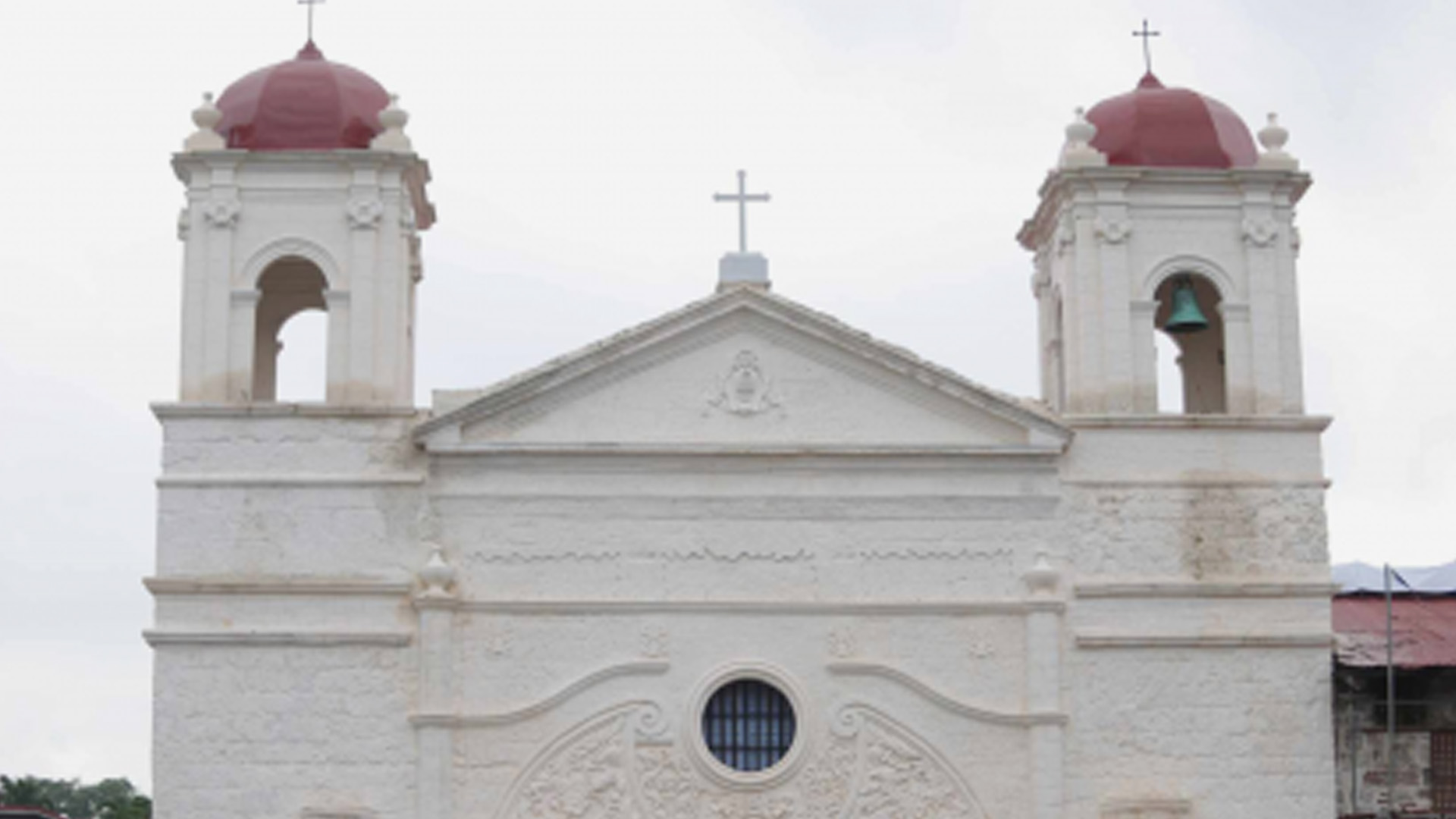Following its recent declaration as National Cultural Treasure and National Historical Landmark, the Archdiocesan Shrine of Our Lady of Caysasay here is expected to play a significant role in preserving the province’s rich history and fostering Catholic faith.
The church was closed for renovation for over two years and was handed over by the National Museum of the Philippines to the Archdiocese of Lipa on June 20.
In an interview on Tuesday, Sam Lascano, the church coordinator for the shrine ministry council, said the shrine is not only a part of the Catholic faith but also of Filipino culture.
“[It is] one of the most important treasures in our culture. It helps the shrine ministry to increase devotion and share in the mission as it gives a shared responsibility as a Filipino,” he told the Philippine News Agency.
The solemn dedication of the church and altar was presided by Most Rev. Charles Brown, D.D., the Apostolic Nuncio to the Philippines, with Most Rev. Gilbert Garcera, D.D., Archbishop of Lipa.
Lascano even non-Catholic tourists are welcome to take an active role in religious tourism.
“We are very blessed as a Batangueños and Filipinos because here in this specific spot there is a dear virgin of Caysasay. May we remember that we have a mother to be close to, someone to pray to and be thankful for,” he said.
Taal Mayor Pong Mercado said the historic day is a testimony of the resilience of Taaleños and the dedication of the government in preserving history.
“Admittedly, the local government did not have enough funds to help in the rehabilitation of the Shrine. As the saying goes, God will provide,” he said during the ceremony. “The National Museum lifted the heavy burden from all of us… we are grateful for their support and dedication in ensuring the completion of the rehabilitation.”
The Shrine of Our Lady of Caysasay Church Complex will be included in the Taal Heritage Preservation Code and will be protected by an ordinance to enforce preservation laws and zoning laws that will prevent inappropriate development around the Shrine, he added.
Nelson Cuevas, a devotee from Manila, said he expects the younger generation to participate in church activities, like joining the chorale or serving in Eucharistic celebrations.
He hopes that the church administration and the local government will come up with activities to spark more interest in the place.
According to the church’s history, a fisher named Juan Maningkad netted from the Pansipit River the 12-inch image of Our Lady of Caysasay in 1603, described as radiating with heavenly luster. (PNA)






